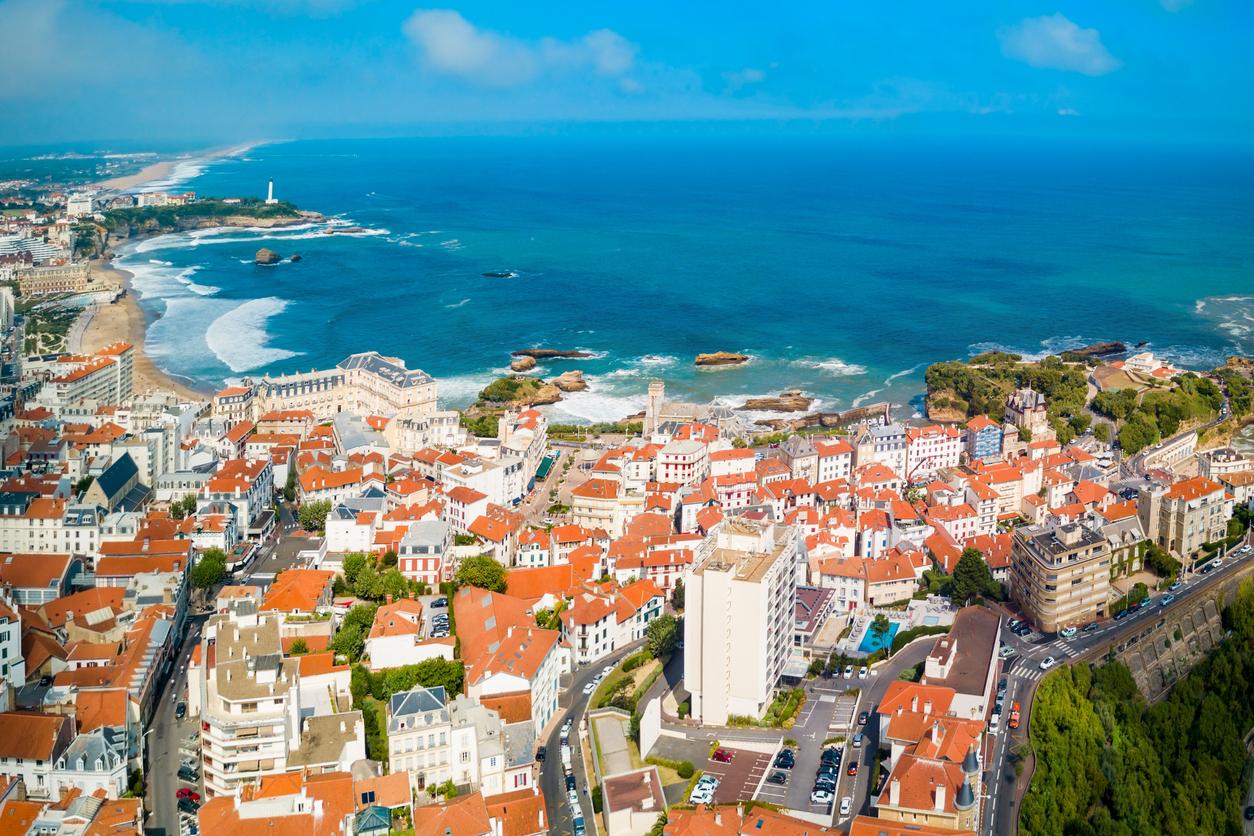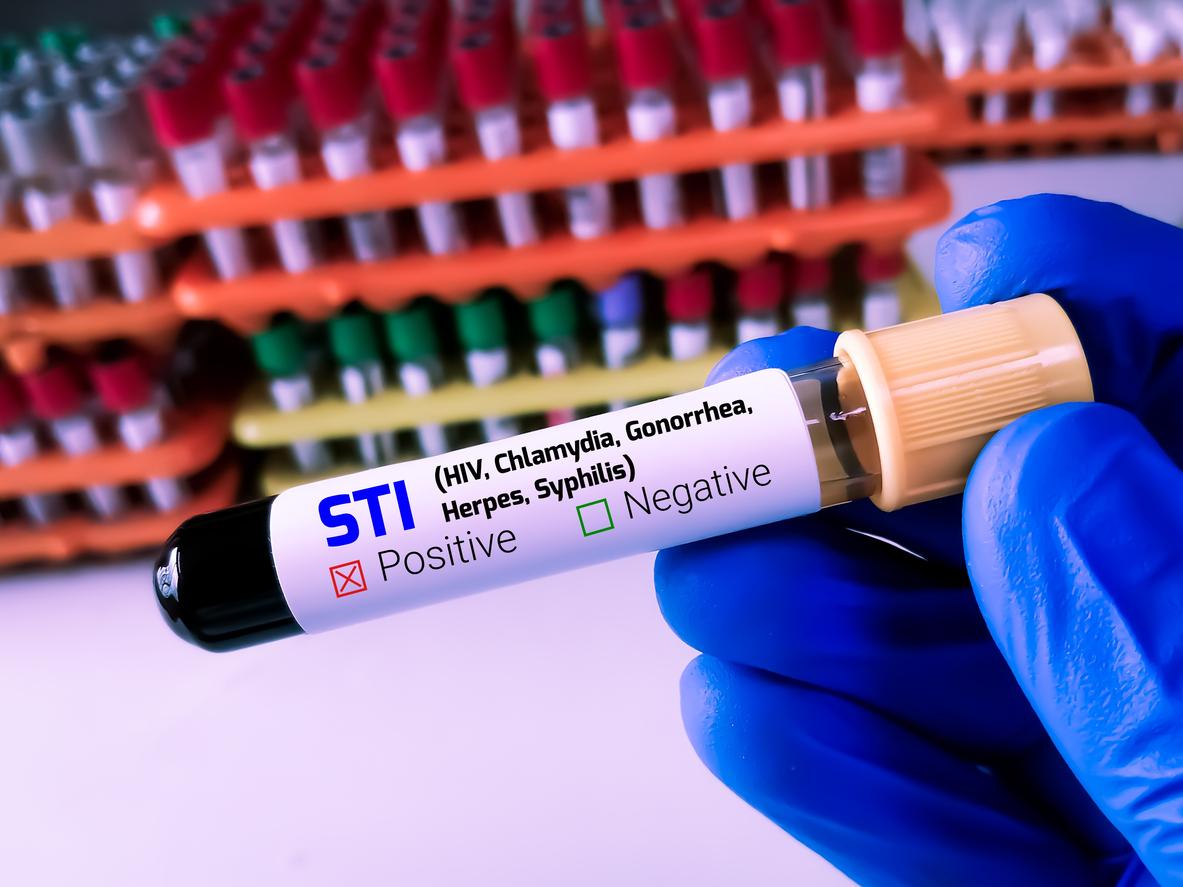“Between June 6 and 16, the circulation of SARS-CoV-2 accelerated throughout the territory”noted Santé Publique France in its latest weekly bulletin. The incidence rate has increased sharply (+53% nationally) in all age groups, as has the positivity rate, in particular among 20-59 year olds. The incidence rate per 100,000 inhabitants is particularly high in Ile-de-France (it even exceeds 600 in Paris). On average, over this same month, there are an average of 30,000 daily cases and the R is 1.3, which means that a person infected with Covid infects 1.3. A slight increase in new hospital admissions has also been observed since early June.
According to the Statistics Department (Drees), the number of tests is on the rise for all age groups and more strongly for those under 16.
New wave this summer: what do the scientists think?
While barrier gestures are generally abandoned, should we fear a new Covid wave?
“There is a significant rise in the number of cases in all age groups”, comments Bruno Lina, professor of virology at the Lyon University Hospital and member of the scientific council of the Journal du Dimanche dated June 19, but my current hypothesis is rather that of a brief peak, of a short and not very high rise.”
In the columns in the JDD also, the infectiologist and epidemiologist Didier Pittet, evokes “multiple ripples” successive under control due to increased herd immunity.
The president of the Scientific Council, Jean-François Delfraissy questioned by Europe 1, considers “possible that this wave arrives now”. But nothing to panic: she “will be relatively limited because many people have been infected before with Omicron and they are vaccinated and it will have no limited impact on the healthcare system”. According to him, the wave could appear “in September, so that’s when we can talk about a new wave”.
Asked about BFMTV on June 14, Professor Gilles Pialoux, head of the infectious and tropical diseases department at Tenon hospital, mentioned an “expected” rise in cases.. “It is the effect of the removal of the mask in public space, in transport, and the effect of two variants which are at a high level of viral circulation. It is also a period with a lot of social exchanges”.
BA.5: a more contagious variant and slightly different symptoms
Precisely, which variants circulate in France? Currently, the BA.2 sub-lineage of Omicron remains in the majority but is losing ground: 72% of the interpretable sequences of the last Flash survey. The detection of BA.4 (3.7%) and BA.5 (24.2%) are increasing according to this same survey.
These two variants – especially the BA.5– have already caused a 6e wave in Portugal and South Africa. A variant even more contagious than BA.2.
That said, it is not certain that France will follow the same epidemic evolution. Indeed, in Portugal as in South Africa, the 5th wave was carried by BA.1, while BA.2 circulated little. However in France the BA.2 has largely imposed itself (99% of Covid cases). “But BA.4 and BA.5 are genetically closer to BA.2 than to BA.1, and BA.2 could therefore confer better protection against BA.4 and BA.5. The impact of BA.4 and BA.5 in countries which, like France, have experienced a sustained circulation of BA.2, could therefore be very different from what is currently observed in South Africa and Portugal”, recently analyzed Santé Publique France.
Another reassuring point, the BA.5, if it is more transmissible, is not more dangerous. However, the clinical forms of the infection would be a little stronger than what was observed with BA.1 and BA.2, with slightly different symptoms: more fever, fatigue and digestive disorders.
Vaccination of the oldest and most fragile remains essential
In addition, BA.5 would be able to re-infect people already contaminated with Omicron. That said, virologist Bruno Lina explains in the JDD (June 19) that the majority of people currently infected with BA.5 had not been infected with Ba.1 or BA.2. They are either unvaccinated people or fragile people.
Conversely, what seems certain is that post-infection immune protection and that provided by vaccination decline over time.
“The vaccination effort must continue, supports Public Health France: as of June 13, only 29.1% of those aged 60-79 and 29.2% of those aged 80 and over eligible for the second booster dose had actually received it.” Similarly, being tested in case of doubt and the application of barrier gestures are essential to limit the spread of the epidemic and protect the most vulnerable populations: hand washing, wearing a mask in collective places, physical distancing.
Source :
COVID-19 epidemiological update of June 16, 2022: the circulation of SARS-CoV-2 is accelerating throughout the territory accompanied by an increase in new hospital admissions
Read also:
- What to know about the Covid booster vaccination
- Positive Covid test: what to do? what reliability?
- Covid certificate extended for one year in the EU: what does it mean?
- Covid-19: why 85% of people affected by the virus have resisted better than others?

















